Even as there is a growing recognition for the need for representation, there are still many cases where folks will find themselves as the only person in a room representing their particular demographic – and often there is pressure to perform in such contexts to prove competence not just for yourself but for everyone who is like you. The burden and the stress of being the “representer” is real, and so we wanted to create a space where folks can discuss who they go about ensuring they are effective and successful even in contexts where no one else on the team or in the room is like them.
Kathy Shin
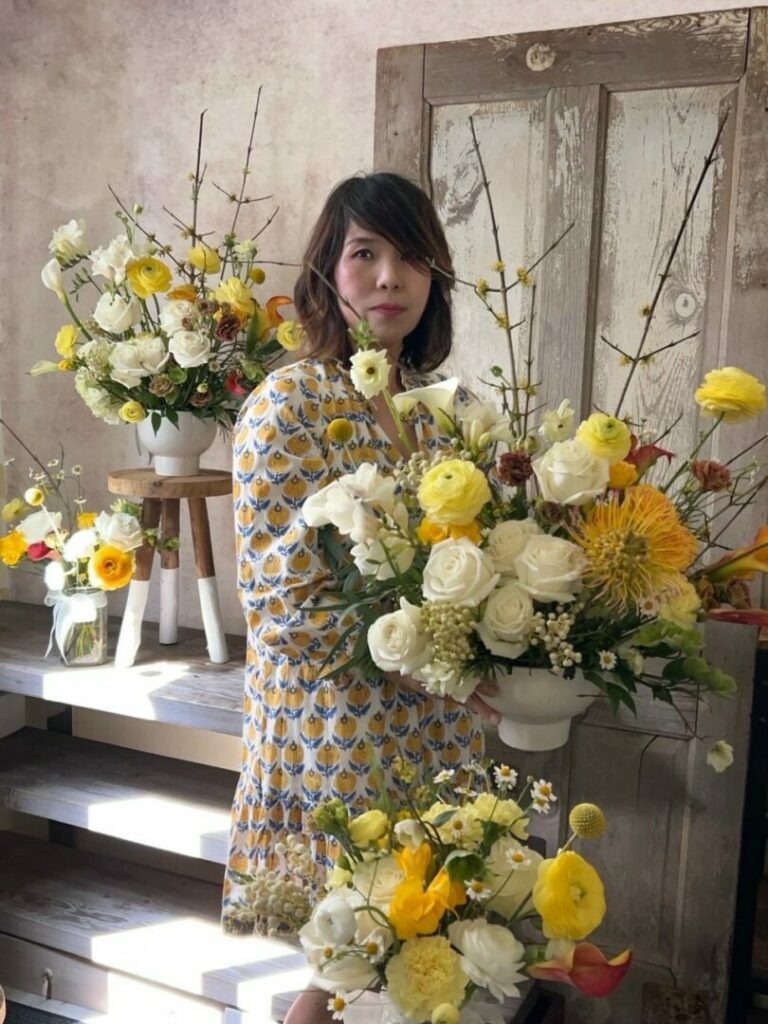
Growing up in Korea, where classrooms brimmed with over 60 students, I often felt like a whisper in the background. As the youngest daughter in a culture that placed more value on sons, I became known as ‘wallpaper’—quiet, unnoticed, always there but rarely seen. Read More>>
Ani Blackhorse Begay

Moving to the East Coast was quite a culture shock to me. I am from Dinétah (Navajo Nation) in New Mexico & grew up amongst my tribe. It wasn’t until I had little people who depended on me having a voice that I became a fierce advocate for all my Native Peoples. When the school curriculum they were learning was written by non-Natives, I realized I would have to speak up to make my children and my people seem & represented. Read More>>
Giacomo Martinelli

I think this is the best way for me to really be kind with myself and be conscious to spend my time in high quality.
Music taught me to know myself. Over my years of study, I got used to being alone for hours and hours and now it is the same. Everyday I have to read and study new music for next concerts and projects. But the real magic of music is that you never feel lonesome: the sound of the guitar, of a new piece that you are playing or practising for is somehow like a river that keeps flowing into the ocean. Read More>>
Christie Walker
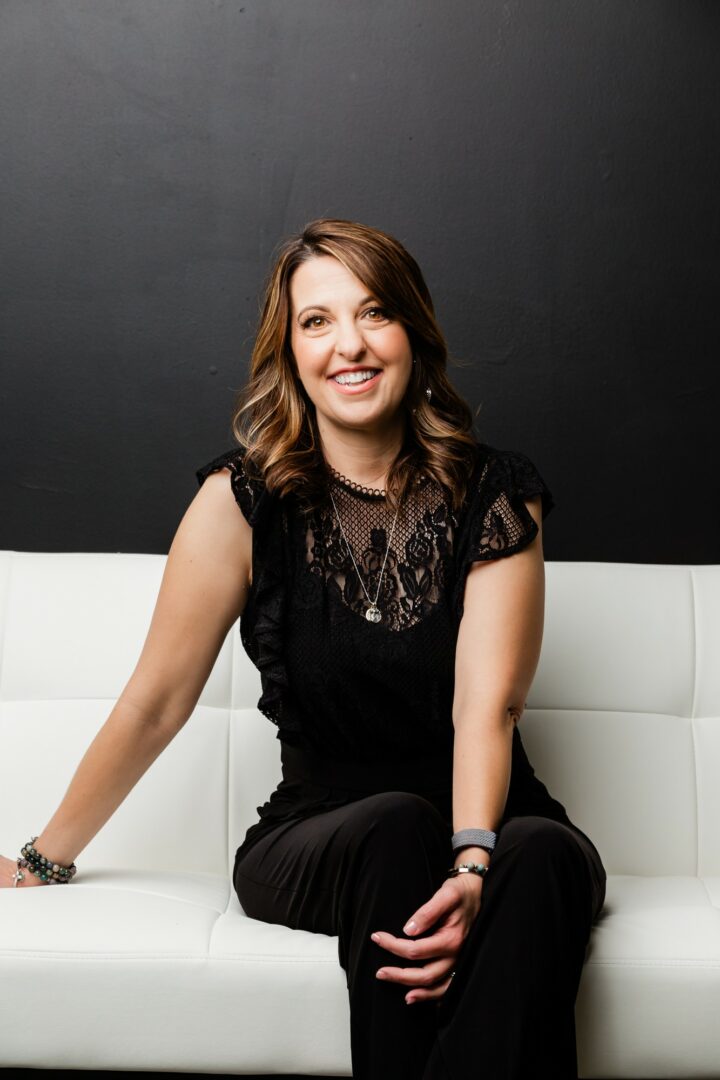
Growing up, I often felt like the odd one out. I didn’t quite fit the mold, and I spent a lot of time trying to figure out how to belong. But over the years, I’ve come to see that my tendency to march to the beat of my own drum is actually one of my greatest strengths.
I’ve learned how to connect with just about anyone—especially people others find difficult to relate to. That ability to build bridges, stay positive, and meet people where they are has helped me be effective, even when I’m the only one in the room who looks, thinks, or leads like I do. Read More>>
Gretchen Reese
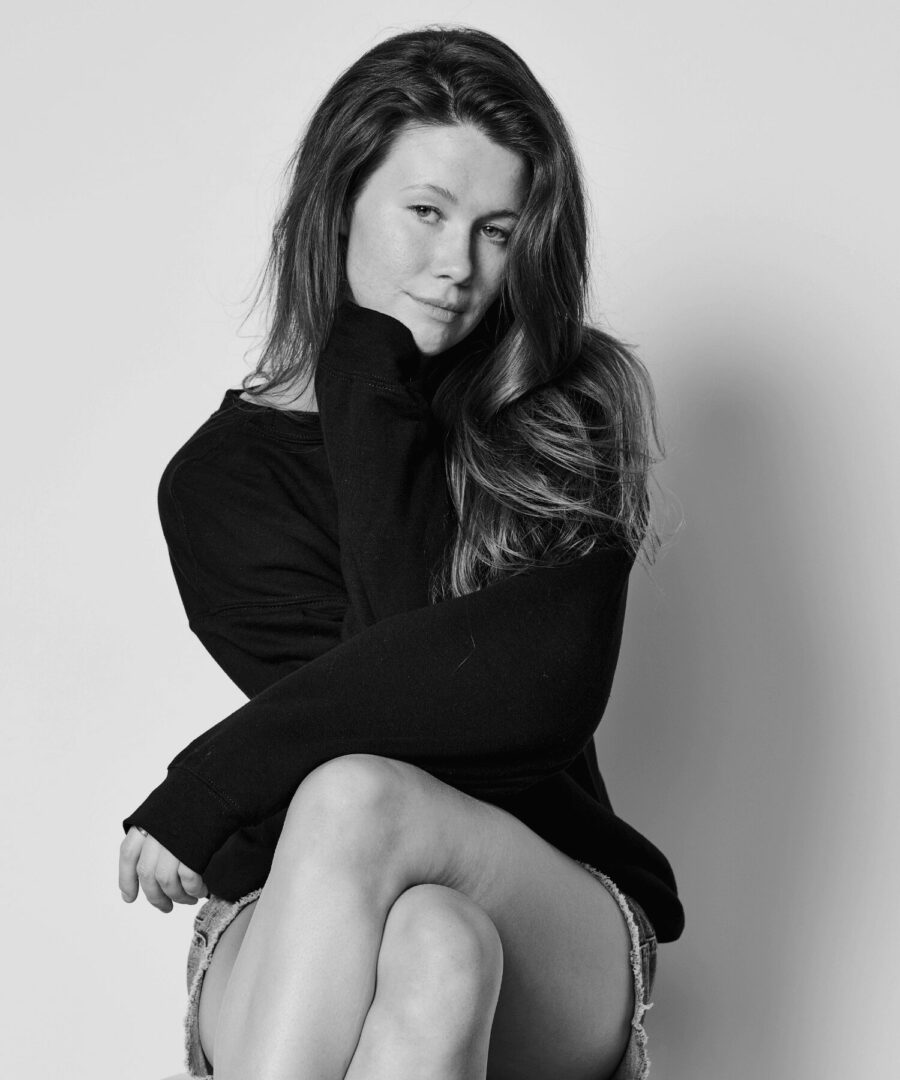
My background is kind of an interesting one.
I never really felt like taking the traditional career path – you know, the one where you study for 4, maybe 5 years, get the internship in a big corporate office, work your way up the ranks, and live for your two weeks of vacation every year. Just the thought of it made my skin crawl.
Early on, when I was still in college, I decided to start my own business as a ghost-writer – this was after my first internship with a small marketing agency in London. Read More>>
Erin Pacitti
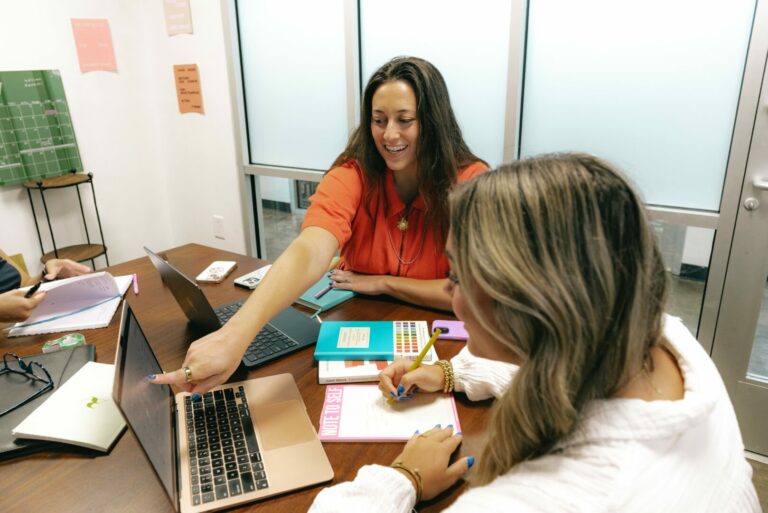
As a 31-year-old female entrepreneur, I’m regularly in rooms where I am the youngest business owner, the only woman, or both. It can be very intimidating to network with people in completely different demographic groups. In the past, I’ve been swayed to change my mind, adjust strategies, or speak less in these types of intimidating spaces. But over the years, I’ve learned that my gut instinct is my greatest strength. Read More>>
Roxi V.

Being the only one in the room can feel isolating, but I’ve learned to turn that into a strength. Early on, I realized that my voice, my perspective, and my experiences were valuable precisely because they were different. Instead of shrinking back, I leaned into what made me unique — whether that was my background, my creative vision, or the way I connect with people. Read More>>
Laurie Foster

As one of the only women owning both a comic book publishing and third-party logistics fulfillment company – I’ve definitely been the “only one in the room” more times than I can count, especially within such a male-dominated industry like comics. I’ve learned that it’s not about blending in, but about standing out in a meaningful way. Read More>>
Christian Williams
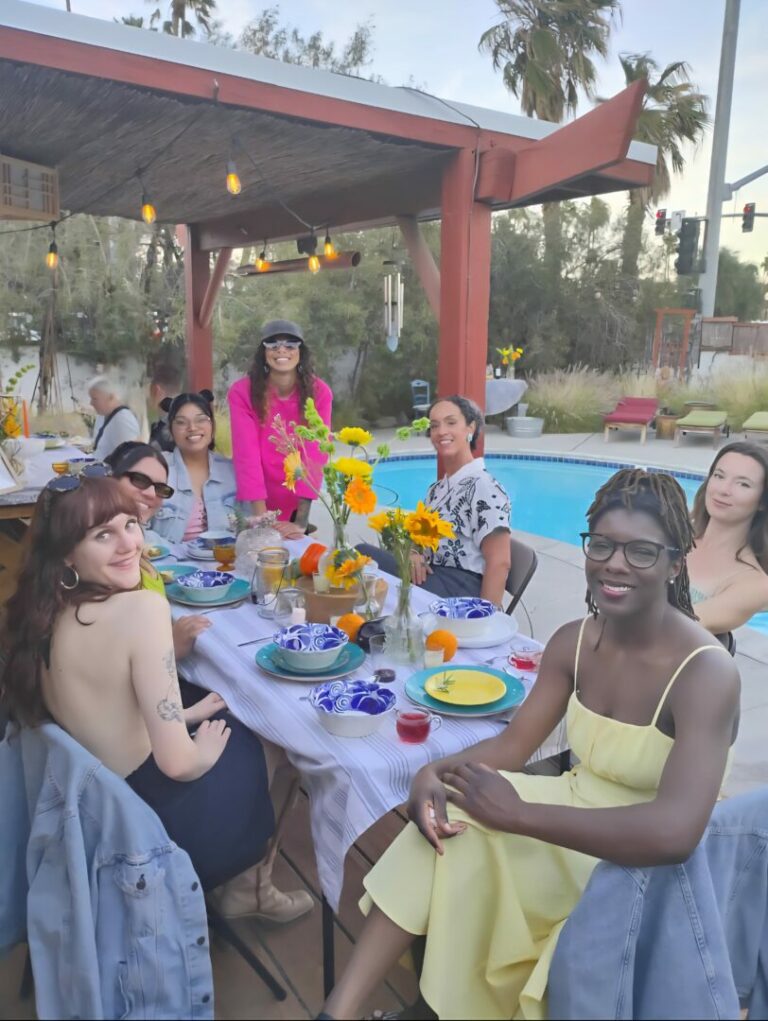
Being a multi racial woman in a male dominated field, I stick out like a sore thumb. Even so, I find motivation in the fact of being the only person to look like myself. Although, this wasn’t always the case. At one point, my impostor syndrome weighed heavily on me causing doubt and self sabotaging opportunities because I felt undeserving. It was only until I was selected to collaborate with a non profit to create a plant based course for students, that this changed. Read More>>
Helen McNeil
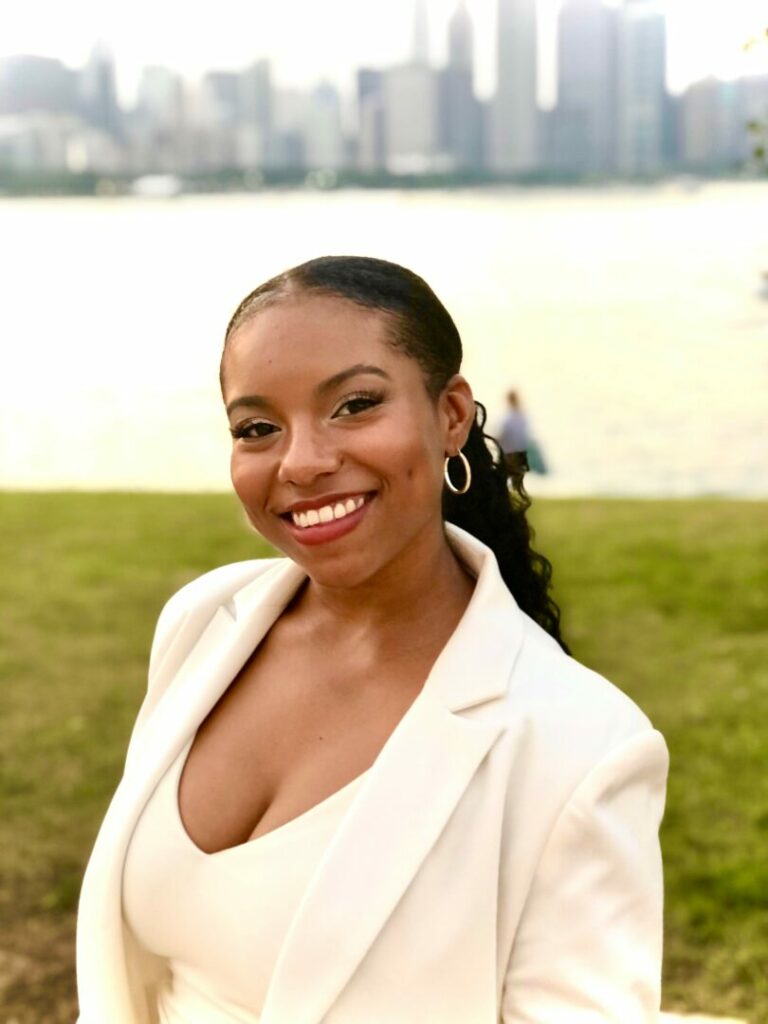
Throughout my life, I’ve often been described as a ‘one of one’—a truly unique individual. My eclectic personality has brought me into spaces where I’ve either been the radiant center of attention or completely misunderstood and singled out. In those earlier experiences, I didn’t always have the confidence, clarity, or voice I’ve cultivated over the years. There were times I left rooms with lingering questions and the heavy feeling that I hadn’t fully shown up for myself. And in truth, I hadn’t. Read More>>
Lia Cortes
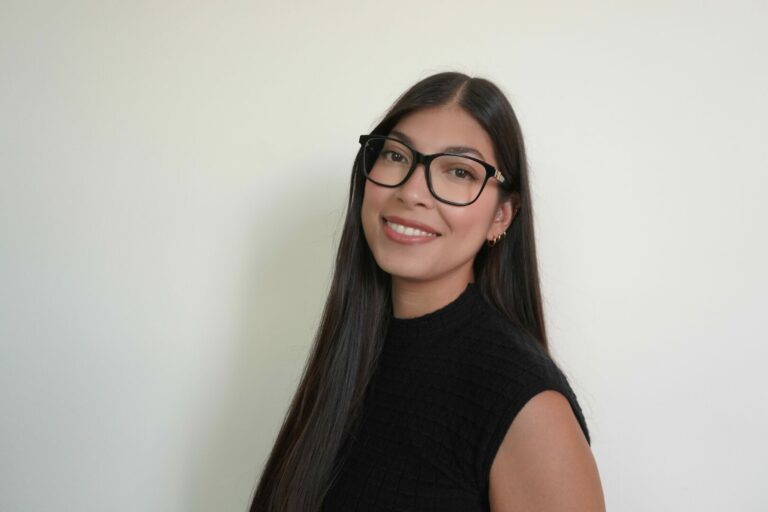
Growing up as a low income first-generation Mexican-American in Silicon Valley, I learned early on that I would often be the only one in the room who looked like me, sounded like me, or came from where I came from. At first, that realization felt isolating especially when walking into college classrooms, tech offices, or corporate meetings where no one else shared my lived experience. But over time, I realized that being the “only one” could also be my superpower. Read More>>
Addelina Lucero
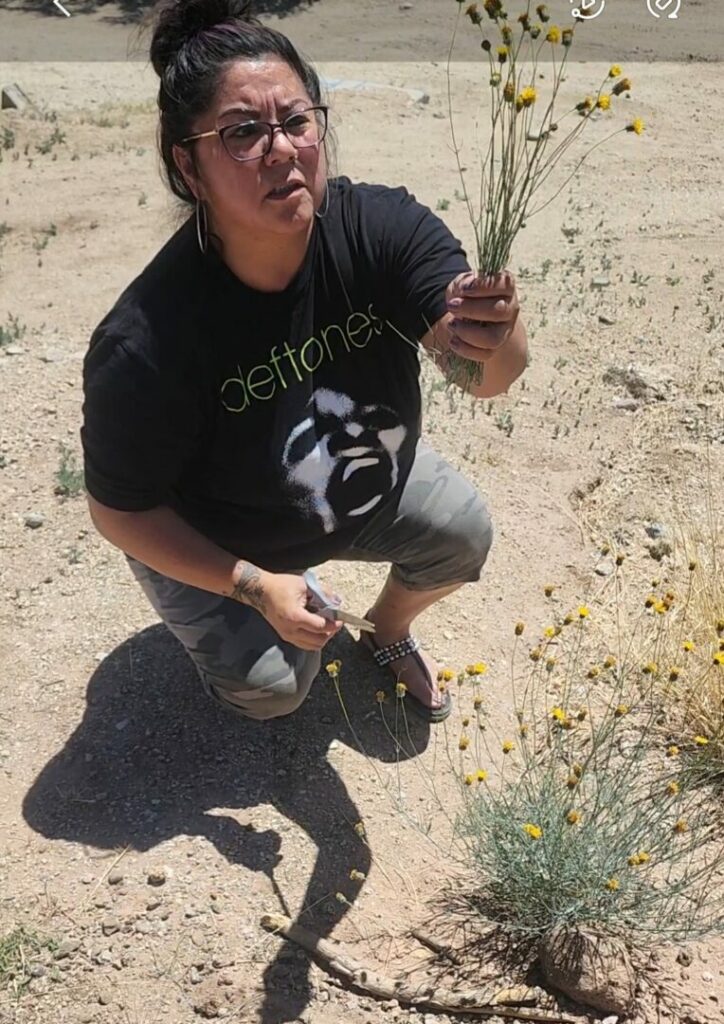
I remember where I come from and what my family and ancestors have gone through and all that was sacrificed for me to be here. I remember all who support me and who have supported me on this entrepreneurial journey. I think of my children and my grandchild whom I want to impress upon that they belong in this world and in all spaces. So I have to be brave, strong and tolerant of ignorance and indifference that I sometimes encounter in these spaces. Read More>>
Andrea Harris
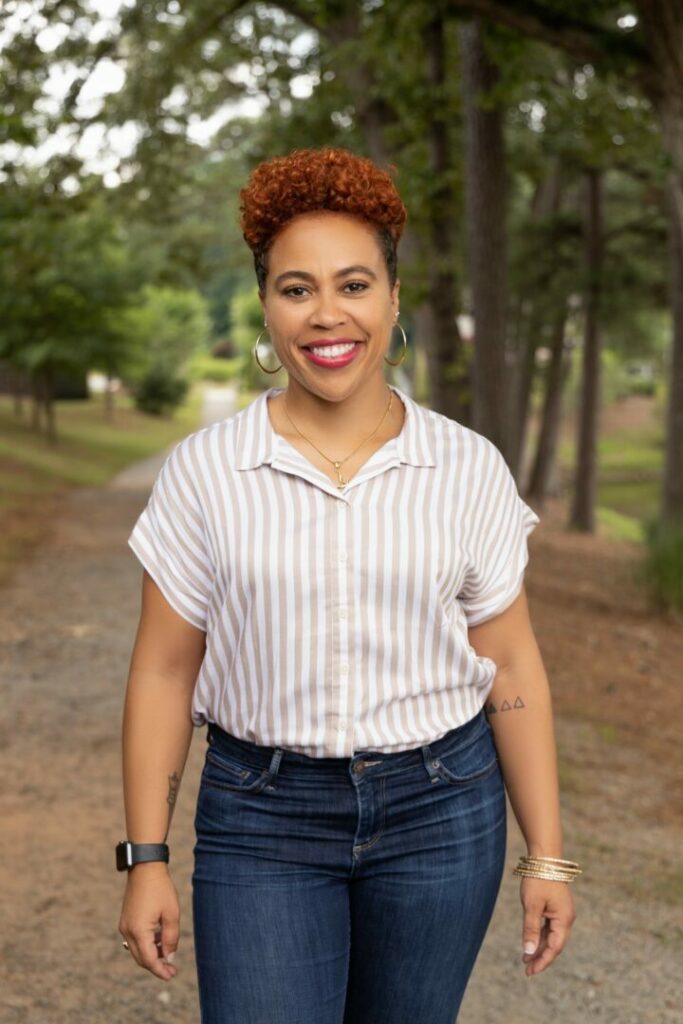
At first glance, people often assume I’ve had an easy path. They see my achievements, recognize my family name, and conclude that privilege played a significant role. And to some extent, they’re not entirely wrong—my family worked incredibly hard to create opportunities for me. But what’s often overlooked is the resilience, sacrifice, and perseverance behind those opportunities. Read More>>
Swasi-Ann Bradley
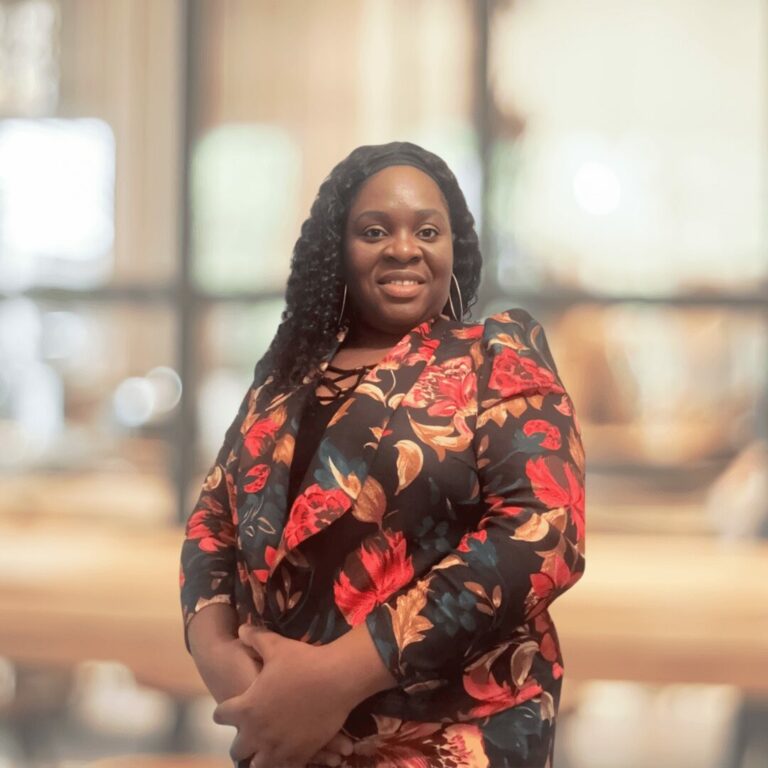
Being the only one in the room used to make me question if I belonged. But building my business gave me confidence because I had to show up, speak up, and lead, even when no one looked like me.
I learned to stop shrinking just to make others comfortable. I stopped trying to blend in and started letting my voice, perspective, and presence lead. I realized that what made me different wasn’t something to hide, it was exactly why I was needed in the room. Read More>>
Pooja Desai
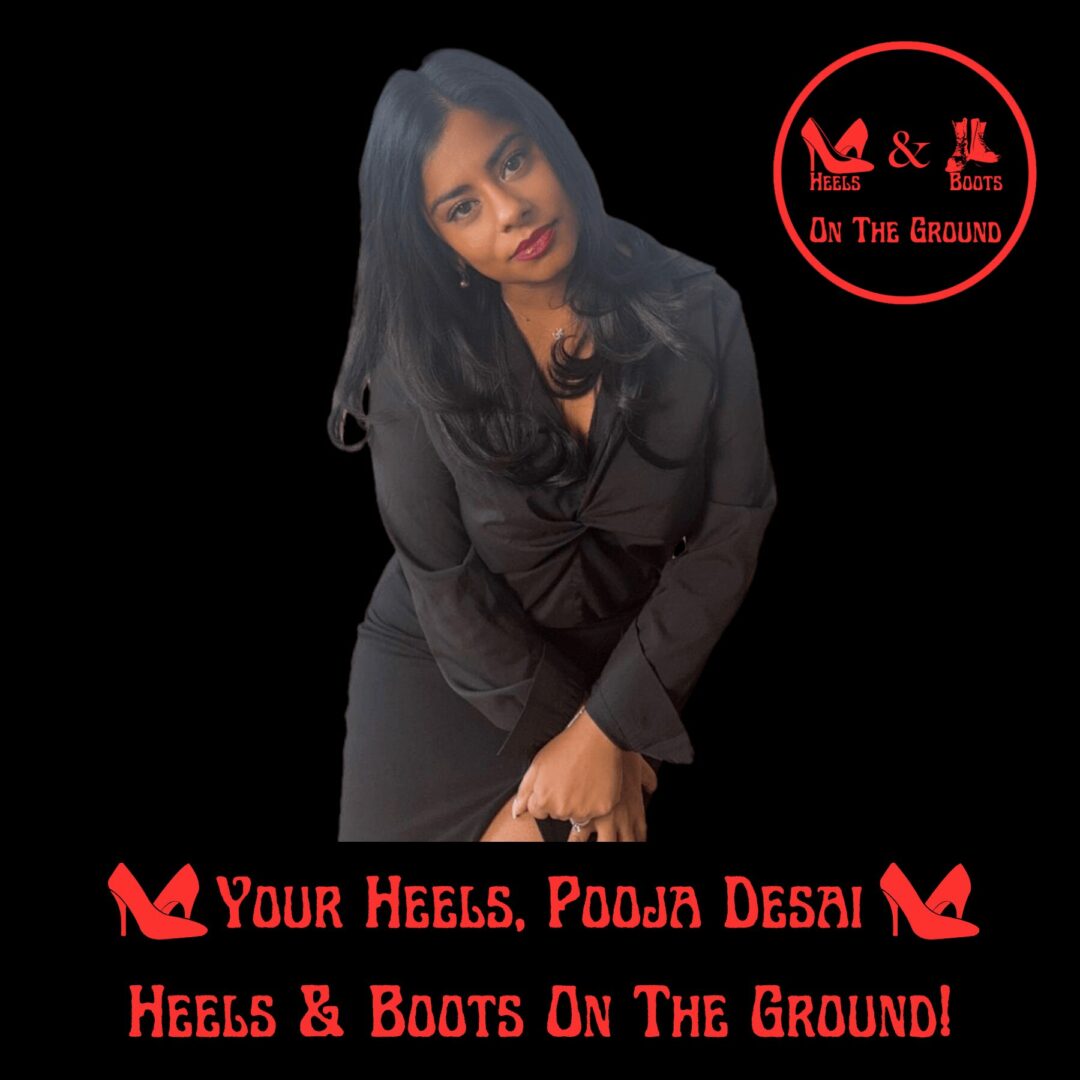
Wow, what a powerful and deeply personal question which resonates with so many people.
When I walk into a room where I am the only one who looks like me, I remind myself that I am there for a reason and to never doubt myself, nor my abilities as a minority woman.
I am here because I belong. I bring a unique perspective that no one else does. Read More>>
Brigitta Dau
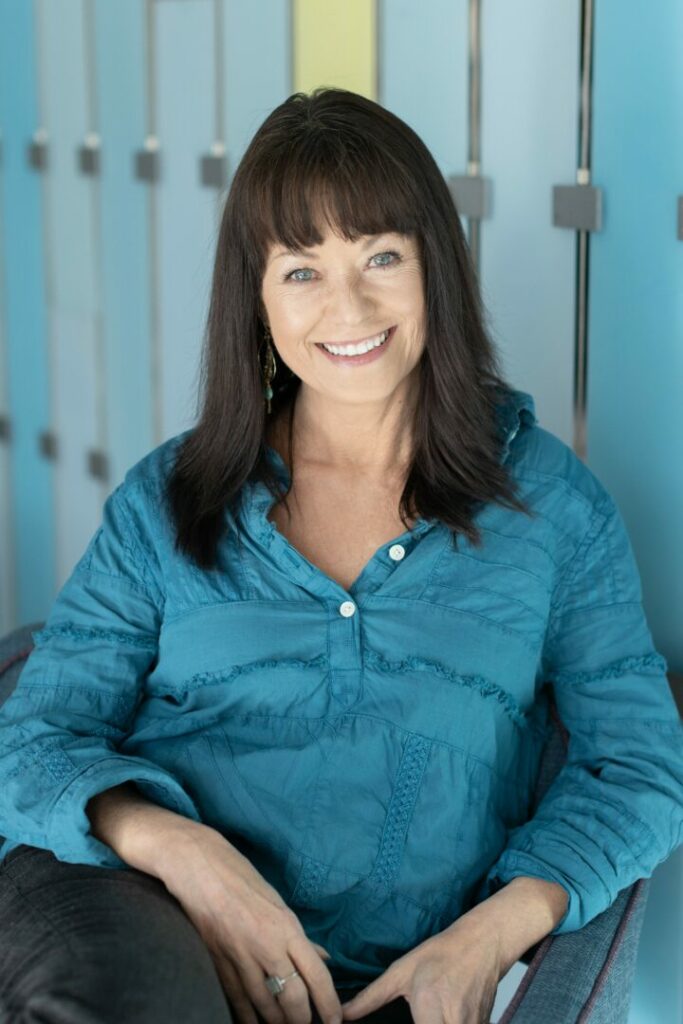
I think those unique qualities that make us different from everyone, can be seen as either an obstacle or an asset. It really depends on your mindset. And…your commitment level! To turn this variable into an asset requires your willingness to let go of the need to “fit in”. And you really need to “lean in” to what makes you unique. I think there is power and even a certain level of magic that we can access when we unabashedly show up as our authentic selves. Being unapologetically “different” is the ultimate empowerment position, in my opinion. Read More>>
Axel Gonzalez

In every business, I believe people should always come first. Sure, helping foreign nationals invest in Miami real estate can be approached with data, comparables, trends and numbers but at the heart of it all it’s still a people business.
In the world of Miami real estate, especially when working with foreign investors I know exactly what it feels like to be “the outsider” because I’ve lived that experience, but I came to realize that being the only one in the room isn’t a disadvantage, in fact it’s a superpower; it offers a fresh perspective and allowed me to solve problems differently. That’s how I connect with clients through insight and empathy. I often say I was once a client of the very same services I now offer. Read More>>
Nidhi Gandhi
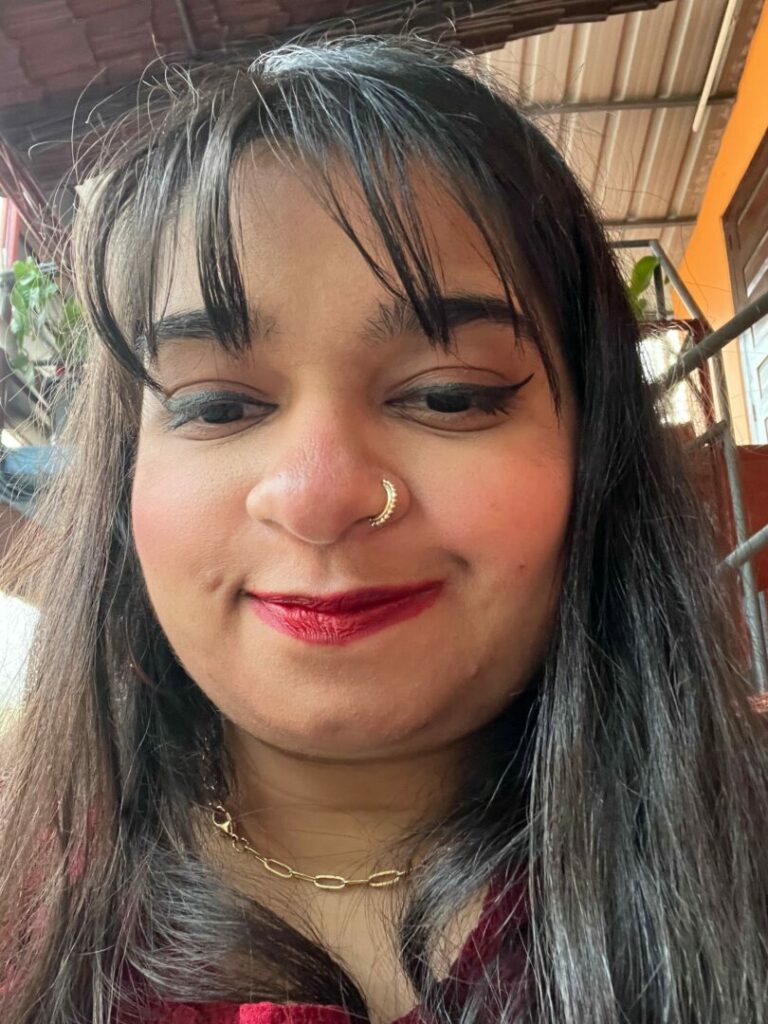
I’m a verbal learner, so, it helps when I am asking or answering a question or sharing an anecdote related to the topic at hand. I can be brutally honest and I tend to say something when I see injustice. I also have been told that I have a strong, “professorial” voice so a lot of times, I come across as being more confident than I really am on the inside. All of these things help me be effective/successful. All of these qualities help me get noticed and make an impact. Additionally, I’m very persistent, headstrong, and don’t give up easily. Read More>>
Cat Perez
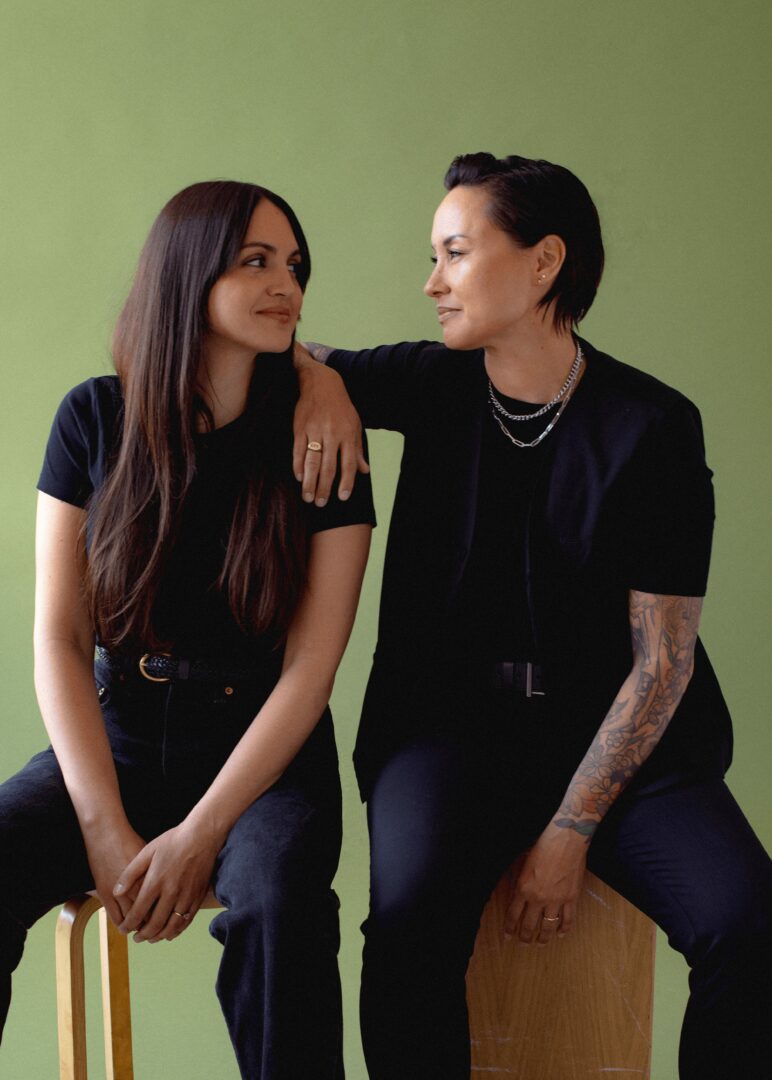
Being the only one in the room who looks like me has taught me to be strategic about how I show up. I’ve learned to read the room, understanding not just what people are saying but how they think and operate. For example, in data-driven spaces, I’ve leaned into using data to back up my perspectives. Speaking the language that others value, whether it’s metrics, outcomes, or strategy, has helped me get ideas across in a way that resonates. Read More>>
Kristy Jackson
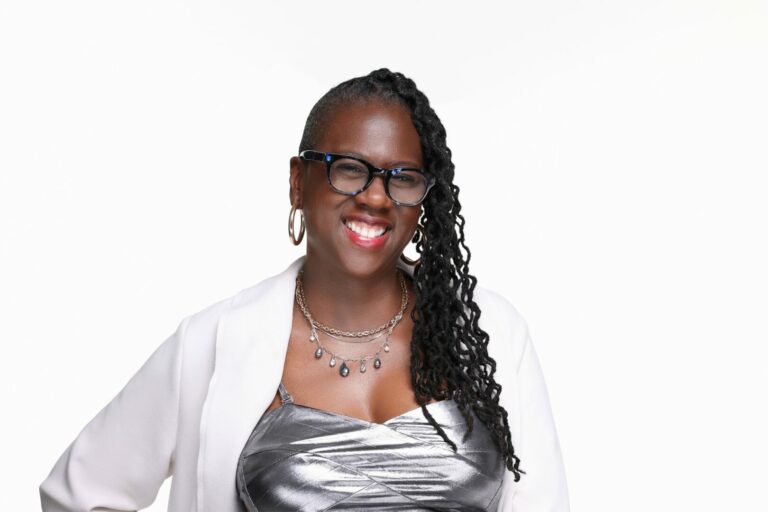
I’ve learned that being “the only one in the room” isn’t just about isolation—it’s also about illumination. When you’re the first, the only, or the different one, you have a unique opportunity to shift the atmosphere, challenge assumptions, and make space for others. That’s not easy. I’ve walked into plenty of boardrooms, summits, and leadership spaces as the only Black woman, the first in many of my leadership roles, or the lone voice blending faith with innovation. But I’ve also learned that my presence alone is a form of disruption—and that disruption is needed. Read More>>
Sauntymia Robinson
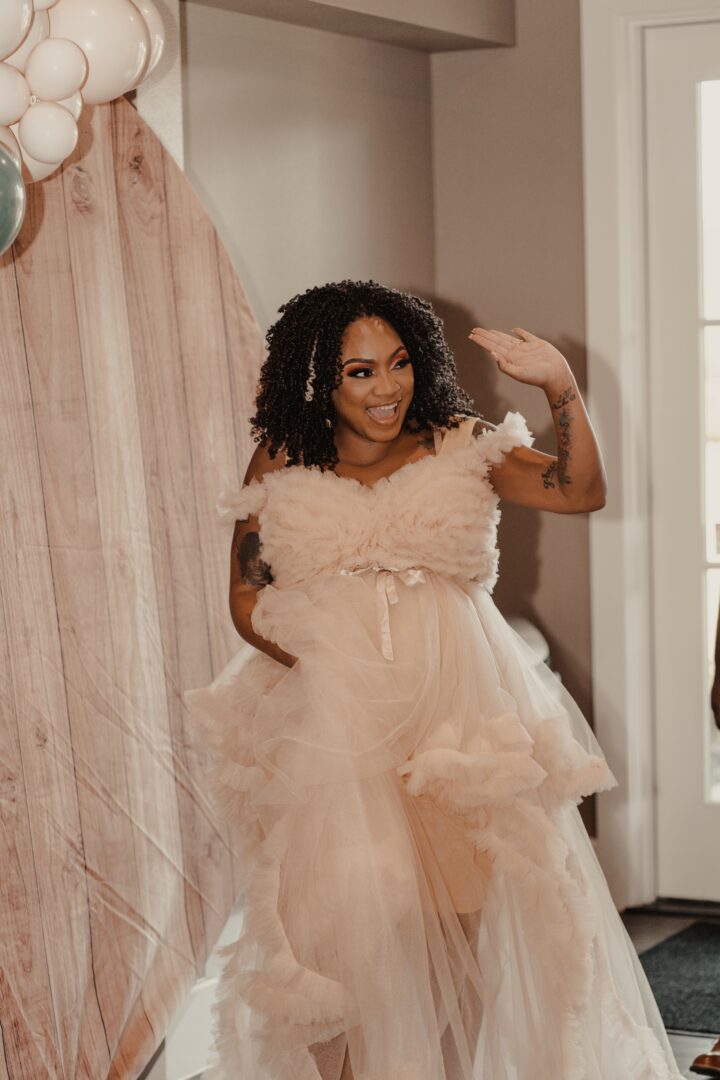
My father taught me in 6th grade to A.A.G.I.: adapt, adopt, and get involved. This acronym started because I was very reserved as a kid, and though in an accelerated program for the second year with flying colors for grades, my educators were adamant that I was not flourishing at the rate I should’ve been, not because my grades slipped or my behavior suddenly changed, but because I CHOSE not to speak. I will also add that at that time I was one of few that looked like me. Once I started talking? That’s a story for a different day. Needless to say, I was left alone. Read More>>
Malak Osli

I’ve learned to thrive as the only one in the room by showing up as my authentic self every single day. I remind myself that no one else is going to show up for me the way I can. I’ve stopped worrying about things I can’t control, instead, I focus on what I can: my energy, my mindset, my work ethic, and how I choose to react. Read More>>
Autumn Stokes

Typically, if I am the only one in the room, I remain authentic and genuine. I’m not your typical social butterfly, yet sometimes that can come across as a threat or make you seem stand offish. I’m a very bashful and reserved person, but I can open up once I feel comfortable speaking and truly observing the room/atmosphere. Me being authentic is showing up as I am, which is reserved and staying to myself, but like I said that can make you come across as a threat or someone not wanting to interact/network. However, that may not simply be the case. Read More>>
Christina Wise

From the very beginning of my career to nearly the end—across three decades and multiple industries—I was often the only woman in the room.
That experience shaped everything: how I communicated, how I prepared, and how I learned to lead with confidence even when I wasn’t sure I belonged. I didn’t start with a roadmap. My corporate journey began at 18 with a handwritten résumé and a summer clerical job at The Goodyear Tire & Rubber Company. My dad worked in a local factory and rushed me to apply when he heard they were hiring. I’ll never understand how I landed the interview and got the gig but when summer ended, they asked me to stay. Read More>>
Emily Cheng
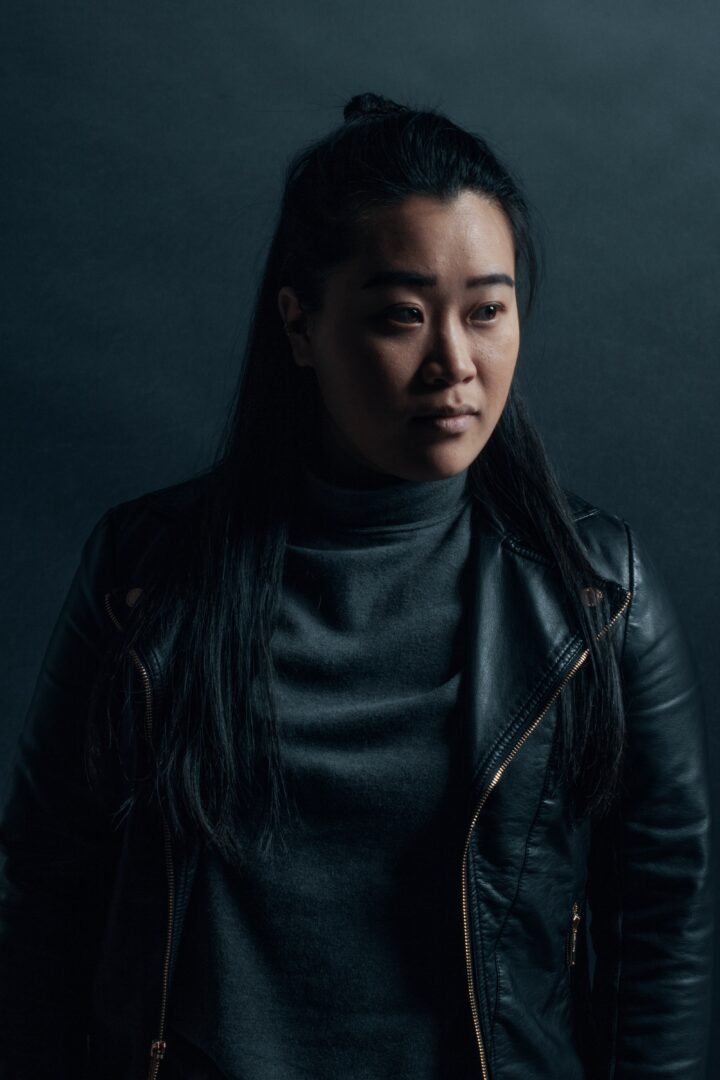
It’s no secret that the entertainment industry, across all sectors, could improve significantly on the diversity front, and it’s something anyone from marginalized communities has faced numerous times.
There are two main points I like to remember when faced with situations like these: 1) remember your unique strengths and voice, and 2) remember the love of the craft. Read More>>










